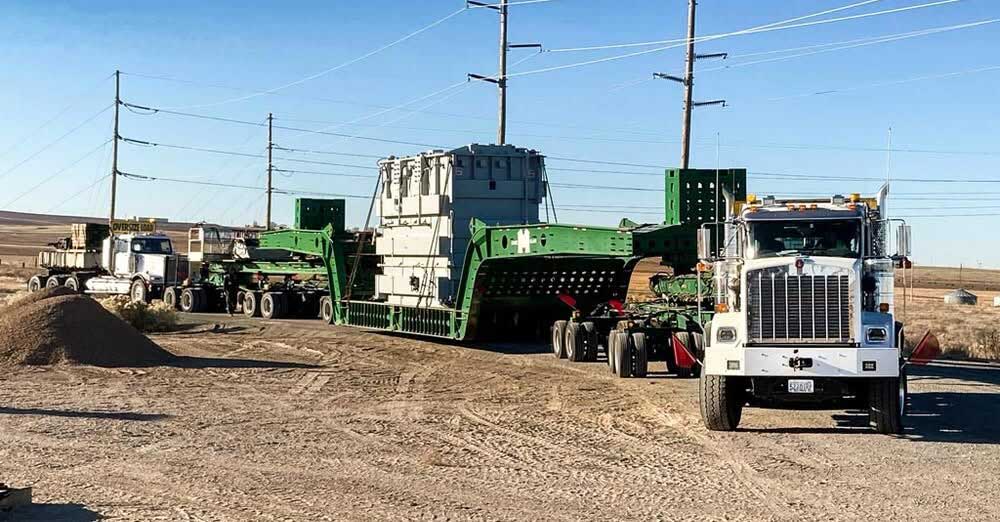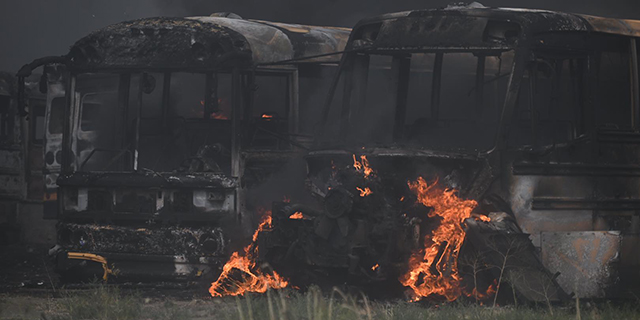Elderly, terminally ill are at greater risk of pneumonia
Published 5:00 am Thursday, April 15, 2010
Actor John Forsythe died earlier this month at age 92 after battling cancer for the past four years. But technically, it wasn’t cancer that killed him. It was pneumonia, a common cause of death for the elderly or terminally ill whose immune systems are weakened by other conditions.
The condition was once called the “old man’s friend” because it provided a relatively peaceful death for terminally ill elderly patients that might otherwise suffer a more painful demise from an underlying condition.
Pneumonia is an inflammation of the lungs, usually caused by an infection. As white blood cells attack the infection, the tiny air sacs in the lungs can become inflamed and fill with fluid, making breathing difficult. That can lead to a host of complications, including the spread of infection to the bloodstream or depriving the body of oxygen.
When caused by a bacterial infection, pneumonia can be treated with antibiotics. But many doctors believe that antibiotics are overused, needlessly prolonging life with little benefit for terminally ill patients. Younger, otherwise healthy patients can usually be successfully treated for pneumonia. Symptoms can include fever, cough, shortness of breath, sweating, shaking chills, chest pain while breathing, headache, pain and fatigue. If you have a cold or flu and you have one of those symptoms, it could be a sign of pneumonia. People at high risk for pneumonia or adults ages 65 or older are urged to be vaccinated for the disease.
— Markian Hawryluk, The Bulletin





